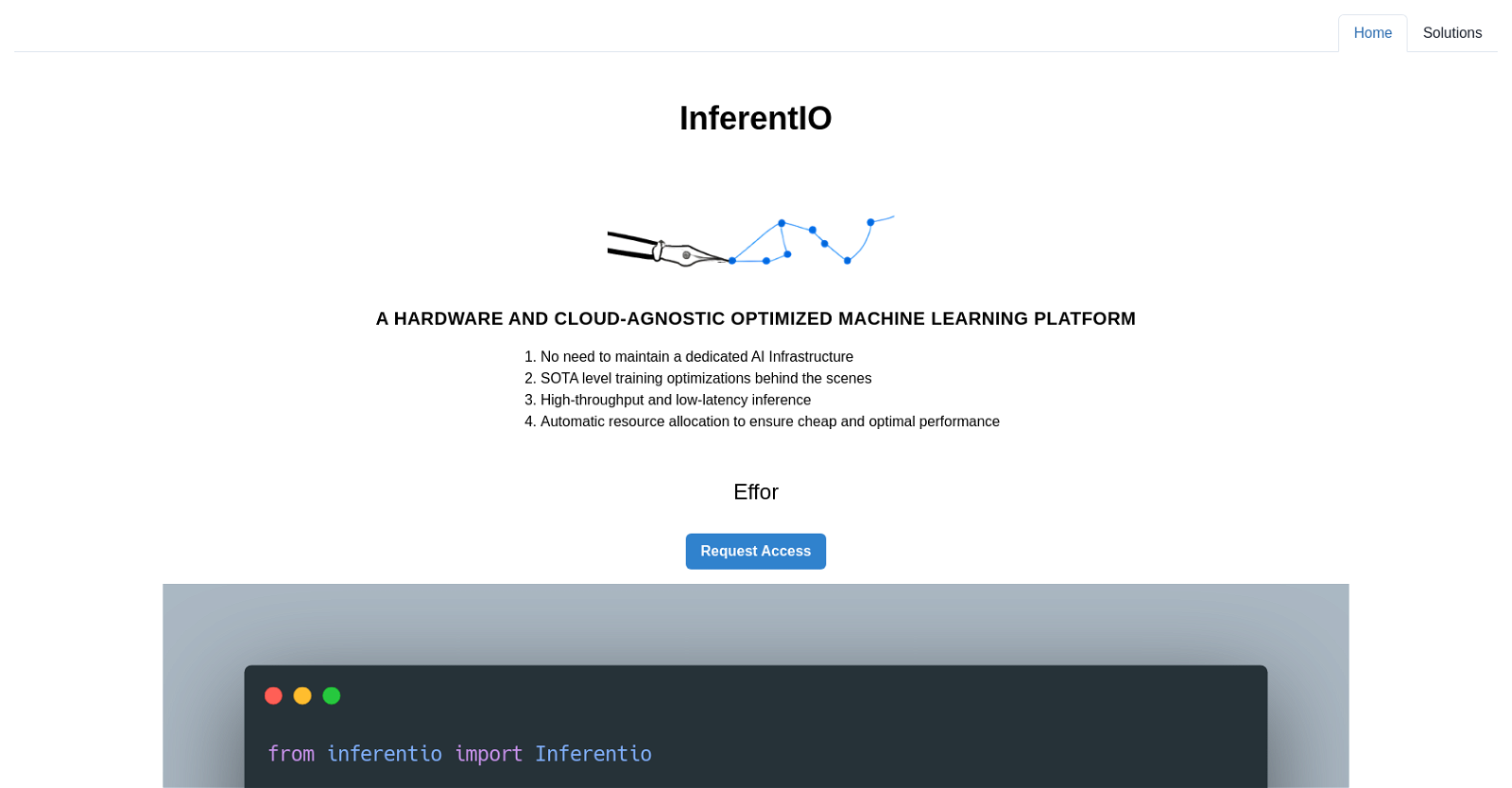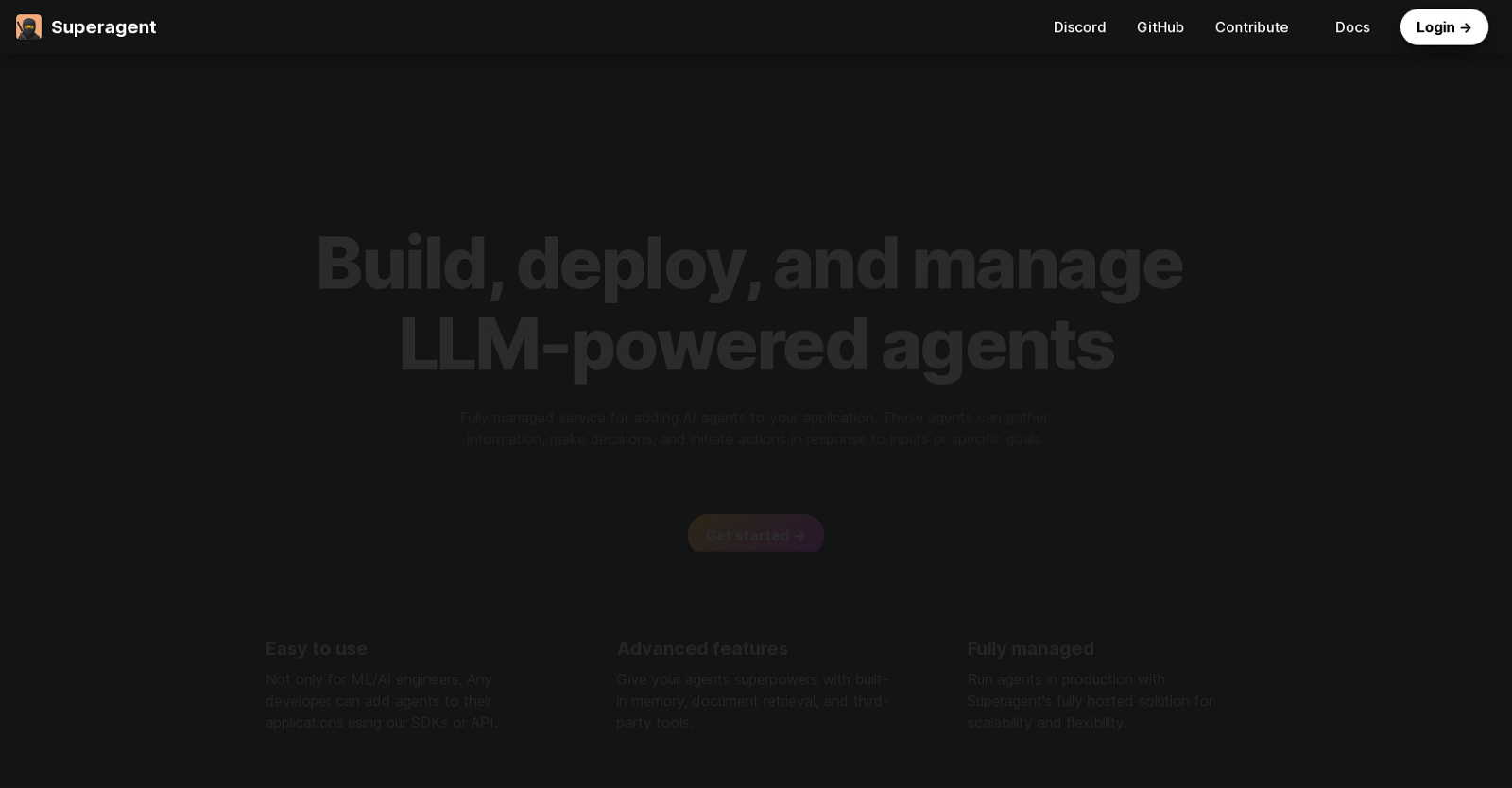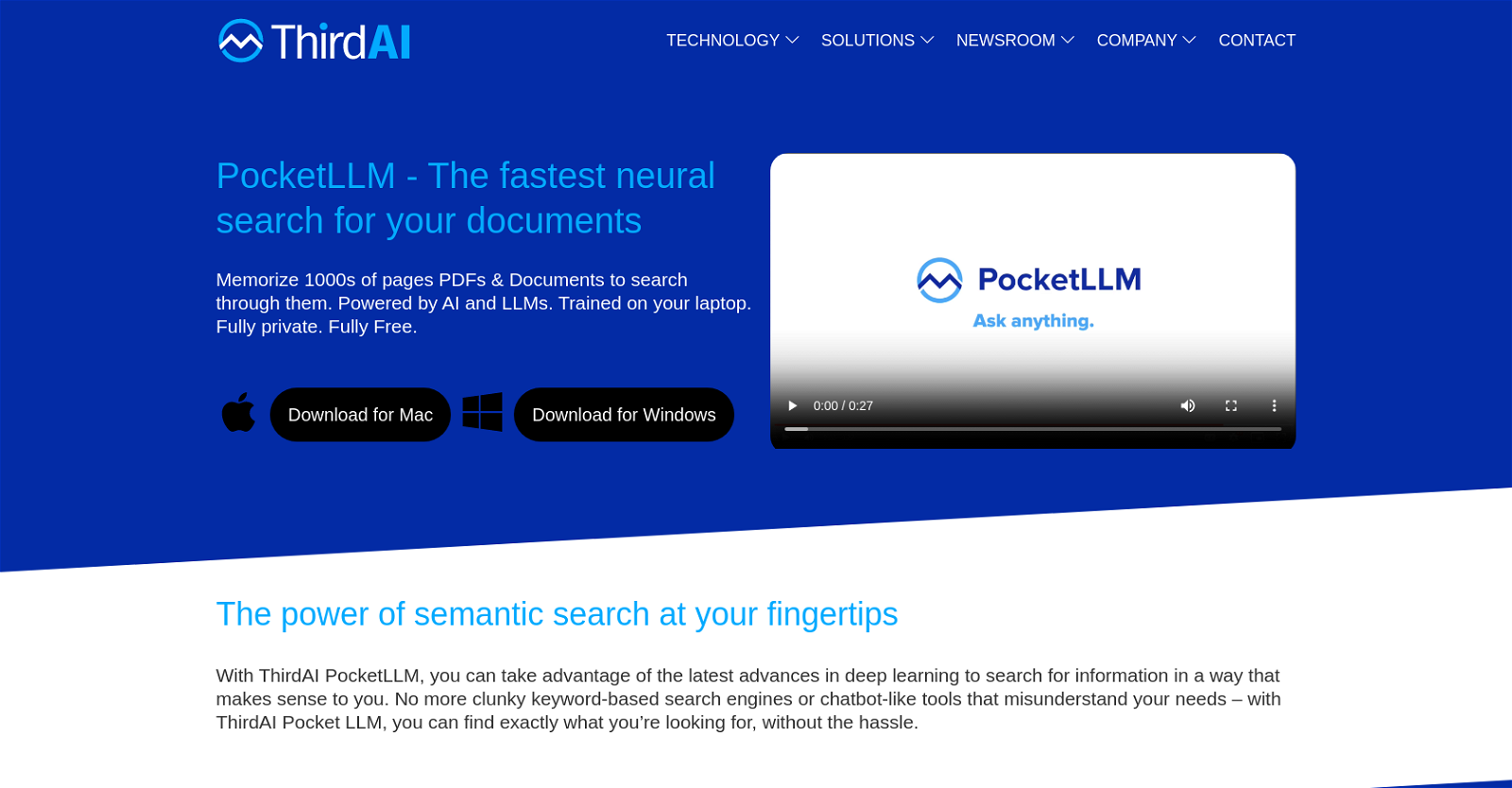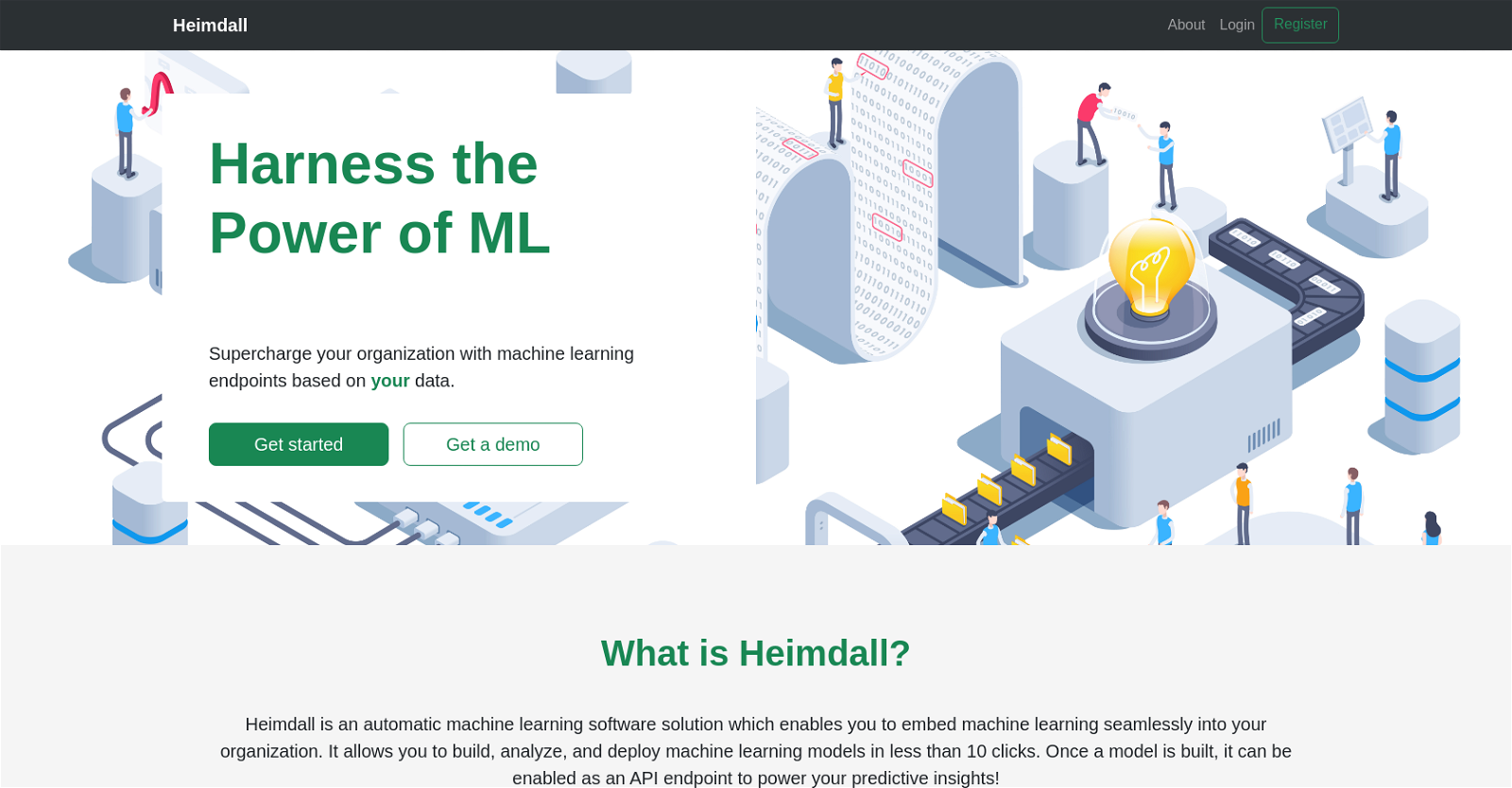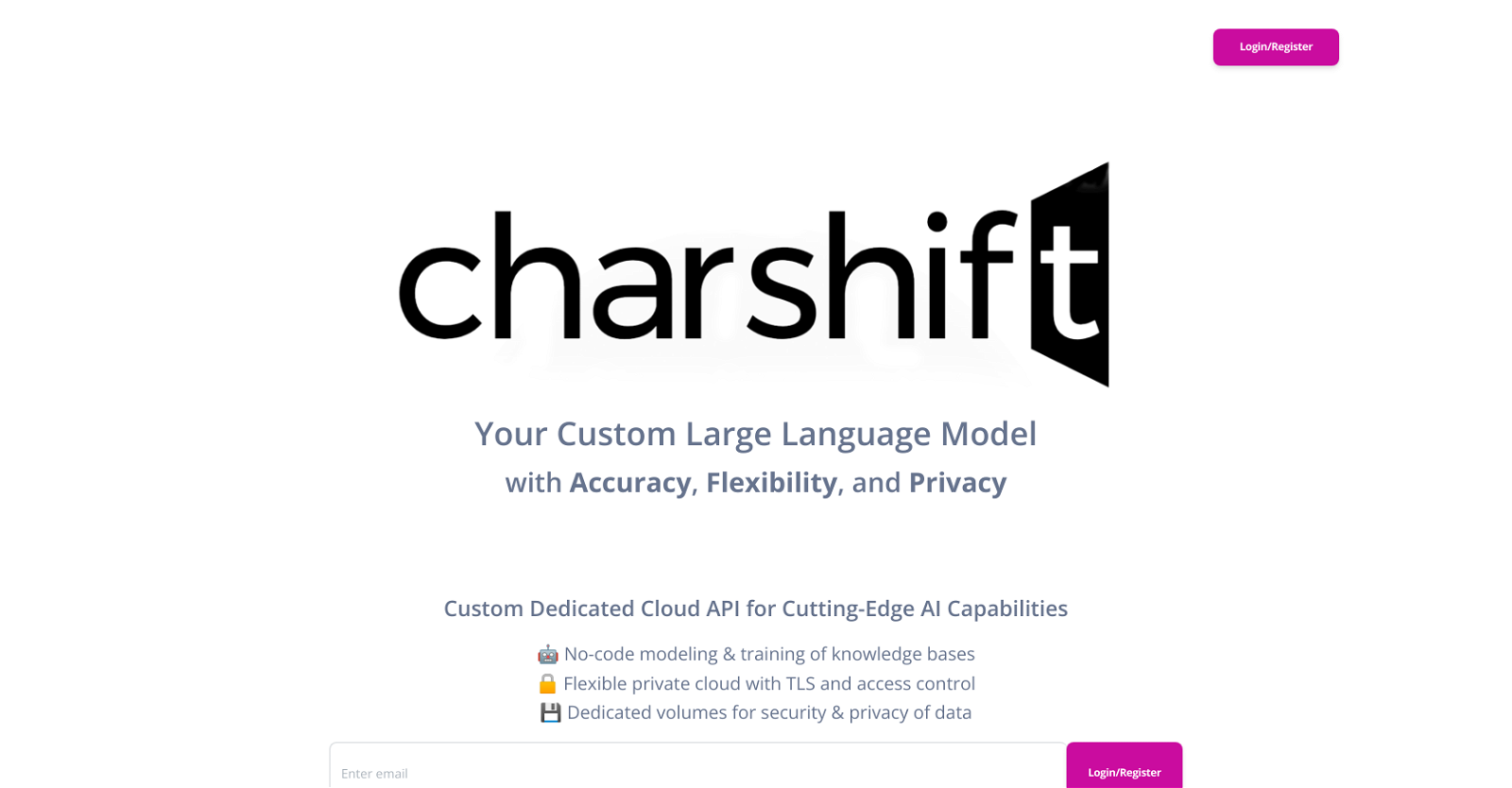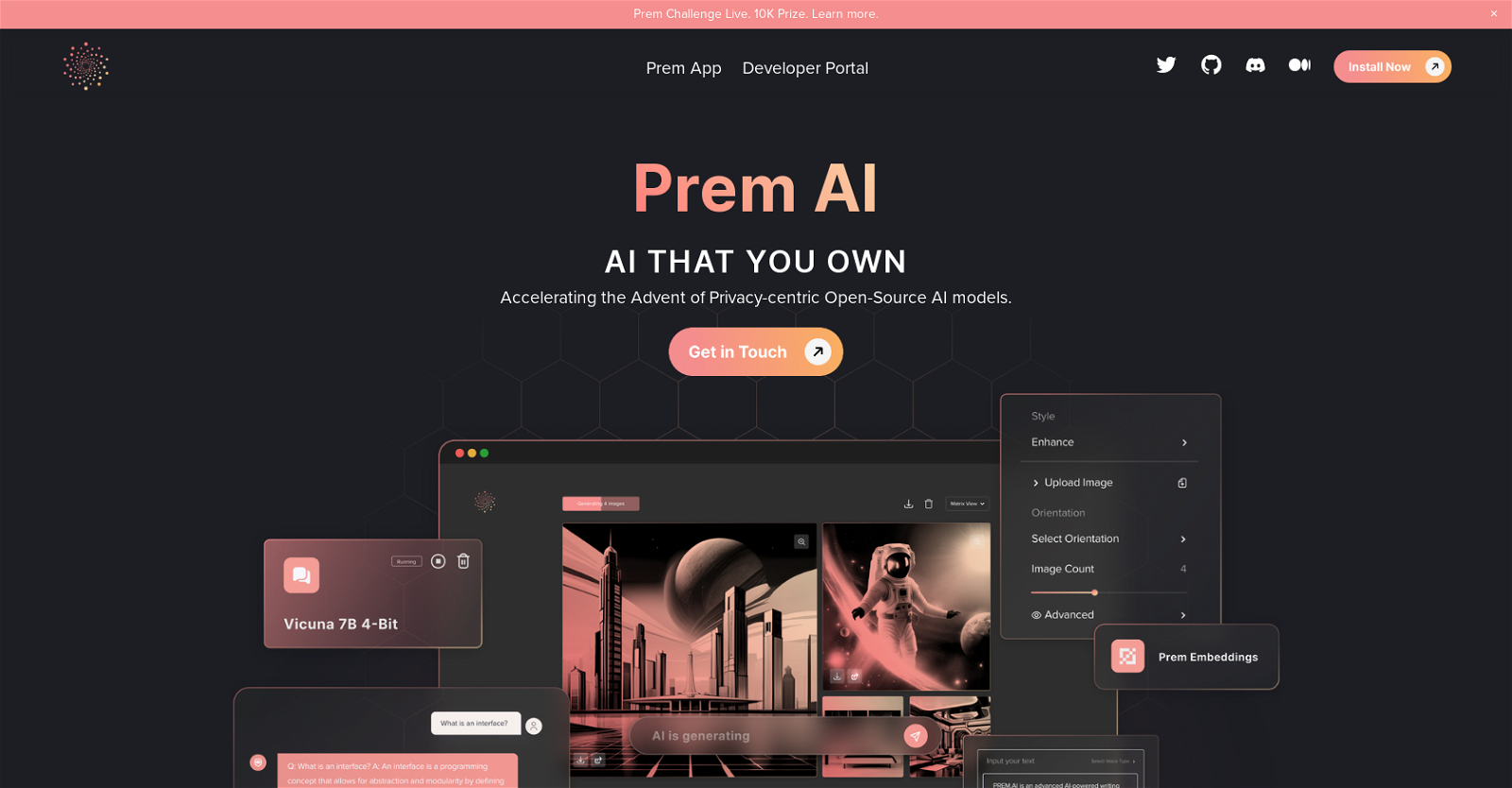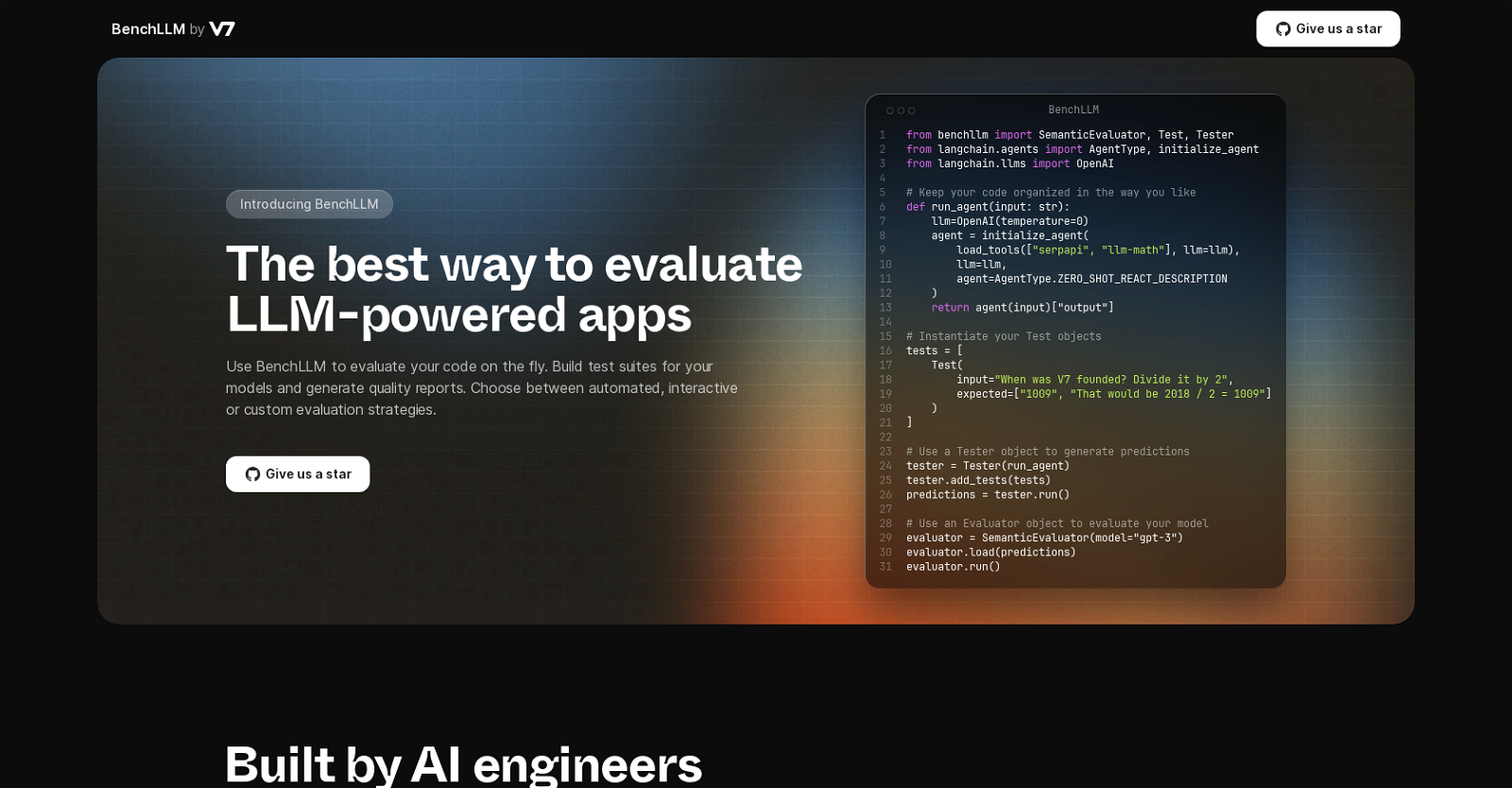Hippocraticai
Hippocratic AI is an Artificial Intelligence (AI) tool for healthcare that pre-trains on trusted, evidence-based content, unlike most language models that pre-train on the common crawl of the internet, which can contain incorrect and misleading information. The tool is a state-of-the-art (SOTA) model that outperforms GPT-4 on 105 out of 114 healthcare exams and certifications.
The aim of Hippocratic AI is to improve healthcare access, equity, and outcomes by providing safe Language Learning Models (LLMs) for healthcare. The tool focuses on the thousands of other applications for LLMs in healthcare, where bedside manner and compassion are crucial.
To ensure the model’s readiness for deployment, Hippocratic AI conducts a unique Reinforcement Learning with Human Feedback process using healthcare professionals to train and validate the model. Hippocratic AI will not release the model until a large number of licensed healthcare professionals deem it safe.
The tool is created for healthcare by healthcare professionals, including physicians, hospital administrators, payor experts, and AI researchers that have come from esteemed institutions like El Camino Health System, Johns Hopkins Hospital, Washington University in St. Louis, The University of Pennsylvania, Stanford, Google, and Nvidia.
The AI tool has been incubated and funded by two of the best healthcare investors, with $50MM raised in a seed round. Hippocratic AI is committed to creating an objective evaluation system for developing a compassionate and caring healthcare-focused LLM and releasing the first of many bedside manner benchmarks in the coming months.

